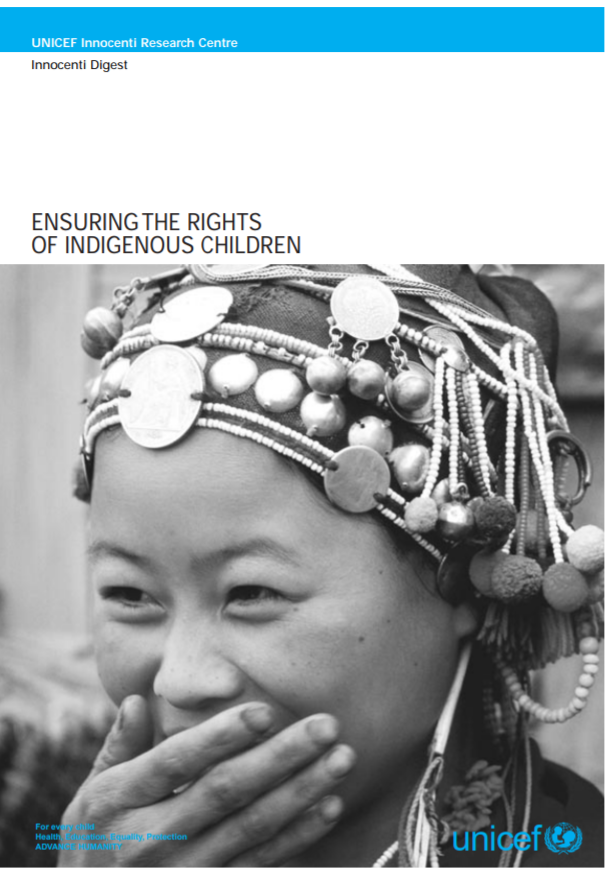Concern regarding indigenous languages has two main facets: the vulnerability of indigenous-language speakers and the vulnerability of the languages themselves. For speakers, denial of language rights may infringe on individual dignity, safety, and life, as well as collective interests in identity, knowledge, and culture. With respect to the vitality of the languages themselves, experts estimate that between 50 percent and 90 percent of the world’s nearly seven thousand languages will be extinct by the year 2100. Recognizing both the vulnerability and importance of indigenous languages, Article 13 of the Declaration provides:
(1) Indigenous peoples have the right to revitalize, use, develop and transmit to future generations their histories, languages, oral traditions, philosophies, writing systems and literatures, and to designate and retain their own names for communities, places and persons.
(2) States shall take effective measures to ensure that this right is protected and to ensure that indigenous peoples can understand and be understood in political, legal and administrative proceedings, where necessary through the provision of interpretation or by other appropriate means.
Indigenous Translations of the Declaration
Resources:

Join Us At NCAI’s 80th Annual Convention and Marketplace For Our Breakout Sessions This November
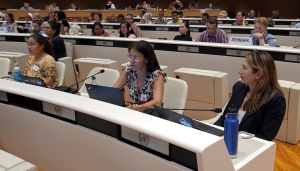
The Implementation Project at EMRIP: Supporting Indigenous Peoples’ Calls for the U.S. and World Community to Protect Tribal Treaty Rights, Support Language Revitalization, and Enhance Indigenous Peoples’ Participation at the United Nations
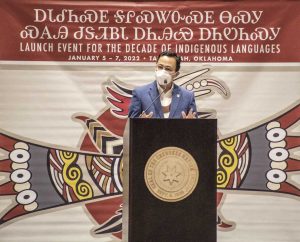
Tribal Governments Lead the Way on the International Decade of Indigenous Languages
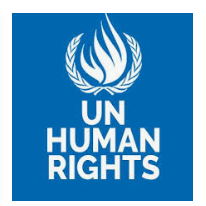
EMRIP Study on Indigenous Languages

Muscogee (Creek) Nation Translation & Adoption of the Declaration
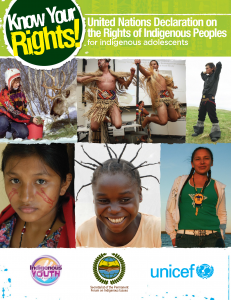
Guide: Know Your Rights! United Nations Declaration on the Rights of Indigenous Peoples for Indigenous Adolescents


